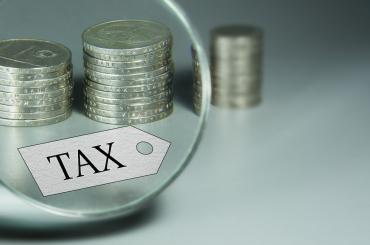
bureaucrats
-

Bureaucracy
-

Learn, Move, Practice: Political rotation spread knowledge and industrial policy across China
The rotation of local political leaders across cities in China facilitates the interregional diffusion of industry-specific knowledge and influences the realisation of local comparative advantage on international markets, potentially through the prac...
-

Bureaucratic nepotism: Evidence from Colombia
Family ties to non-elected bureaucrats distort public employment outcomes, and standard anti-nepotism policies are ineffective at preventing their negative influence
-

Subjective evaluation and bureaucratic performance: Experimental evidence from China
Uncertainty in the identity of an evaluator discourages evaluator-specific influence activities and significantly improves state employees’ performance
-

Improving state effectiveness through bureaucrat assignment: Evidence from the Democratic Republic of Congo
Optimising the assignment of tax collectors significantly increases tax revenue and compliance at little or no added cost
-

Training effective altruism: Experimental evidence from Pakistan
An experiment in Pakistan finds that training decision makers in the benefits of empathy cultivates prosocial behaviour in the lab and the field
-

Incentivising bureaucrats through performance-based postings: Experimental evidence from Pakistan
How can we best incentivise bureaucrats in a formal manner that avoids concerns over corruption?
-

Promotion incentives for public servants and improved service delivery
Better public services can be achieved, at least in part, through public service promotions that are conducted in a fair and systematic manner
-

Making moves matter
Evidence from Pakistan shows that governments can use the postings of bureaucrats to improve their performance